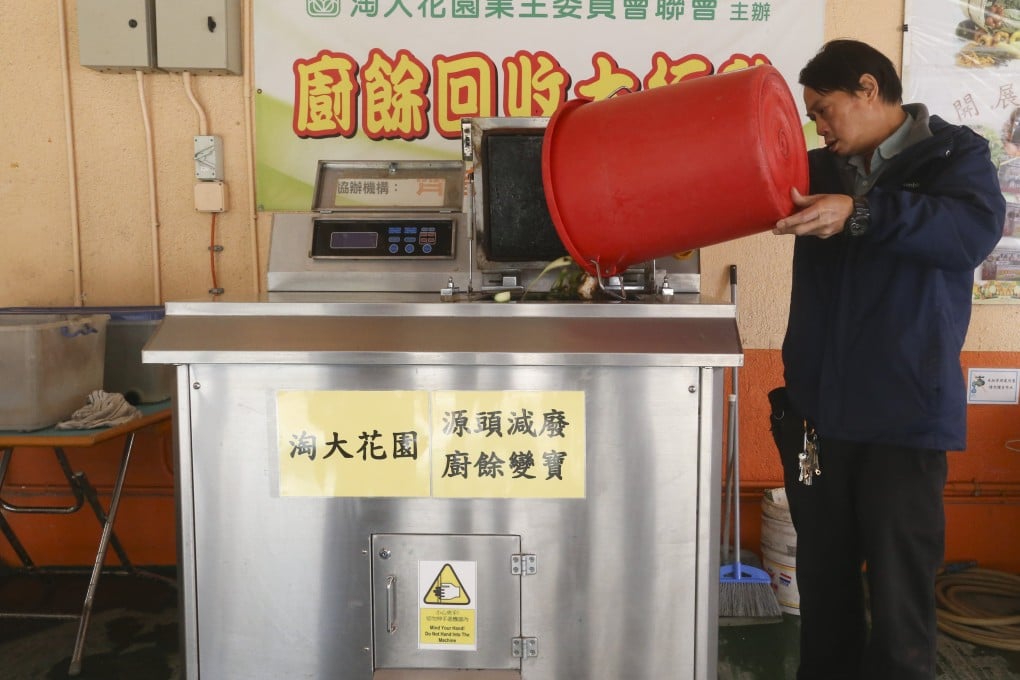Letters | What’s missing in Hong Kong’s waste reduction efforts: composting
- Readers discuss a beneficial and practical way of dealing with food waste, pay rises for Hong Kong’s civil servants, and deadly protests in Pakistan-controlled Kashmir

What comes up, must go down. That’s not just how gravity works, but also our food system. Healthy soil is perhaps the ultimate commodity on the global market. That’s why composting should be Hong Kong’s top priority when it comes to waste management.
The decreasing nutritional value of our food directly reflects our lack of composting. We can’t continue to extract nutrients from the soil without returning any back. Providing organic waste to the land provides nutrients that plants, and those who eat them, need.
Healthy and nutritious food is second only to water with regards to the general public’s needs. It helps create a healthy population, which ultimately benefits society, especially if we want to decrease pressure on the healthcare system.
